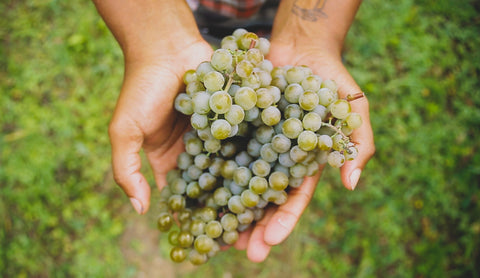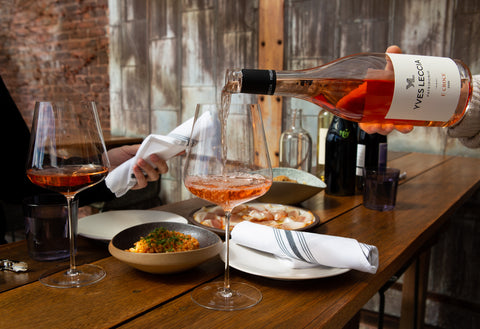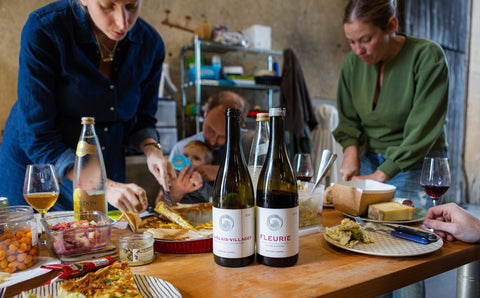We are all guilty of sticking with our tried-and-tested wine choices. Maybe you've found your safe haven in a bottle of Chianti, are always on the hunt for those elusive budget-friendly Burgundies, or are patiently waiting for that coveted Sancerre to drop. Whatever the case, it's easy to find comfort in the familiar.
But the world of wine isn’t a place to confine yourself. With over 10,000 grape varieties, there is a plethora of flavors, aromas, and experiences waiting to be uncorked. Here, we explore seven unique grape varieties that fall outside the "noble grapes" family but are just as capable of making great wine.
Nielluccio
Born in the island vineyards of Corsica, France, Nielluccio has a unique story. This grape started as Tuscan Sangiovese and arrived in Corsica when Italy controlled the island. Over the centuries, it’s adapted to the maritime environment to the extent that it’s considered a separate, now native, grape variety by the locals. While it shares similarities with Tuscan wines, Nielluccio's characteristics diverge, delivering herbal and savory notes that echo its maritime, seaside upbringing, rather than the rustic, earthy vibes of Chianti.
Savagnin
With over 900 years of history under its belt, Savagnin has its roots in the Jura, France. Savagnin is most commonly used for Vin Jaune, or "yellow wine." This sherry-like wine ages under a film of yeast in a barrel, leading to an intricate tapestry of flavors and a nutty, heady aroma.
Frappato
You’ll find Frappato in Sicily, Italy, where the light-bodied red grape variety is grown on the southeastern coast. It’s cherry-colored, aromatic, and low in tannin. It's used for both single varietal wines and as a blending grape in the regional Cerasuolo di Vittoria wine. Expect to find a delightful mix of power and delicacy when you're drinking Frappato.
Carricante
Also native to Sicily, Italy, Carricante is an ancient grape variety that thrives on the slopes of Mount Etna. This high-acidity grape is often used in the blended whites of Etna and is characterized by refreshing citrus notes. Depending on its production, you can also expect flavors ranging from tart green apple to honey and cream. Look for bottles named “Etna Bianco.”
Marquette
Marquette, a newcomer introduced in 2006, is a hybrid grape found in the northeast of North America. This grape variety has been specifically adapted to its terroir, producing dry, light to medium-bodied red wines that encapsulate the unique character of their landscape. Vermont winemakers, in particular, are leading the charge, showing that hybrids like Marquette are not a second-rate option but a path to authentic, terroir-driven wines.
Pais
Also known as Mission, Pais is a grape variety that can trace its origins back to Spain. The Pais grape is grown in North and South America and, despite its low acidity and sweetness, has begun to turn heads. Given proper attention and care, this grape variety can deliver a wine that beautifully represents the terroir of South and North America.
An Invitation to Taste the Unexpected
While it's easy to fall into comfortable habits, the wine world is vast and full of surprises. That's what makes it so amazing. By exploring new wines made from different grape varieties, we can enrich our experience and expand our horizons. So, next time you find yourself reaching for that familiar bottle, remember the seven grape varieties we've explored today. Or, head to your local wine shop and ask for their recommendation.





